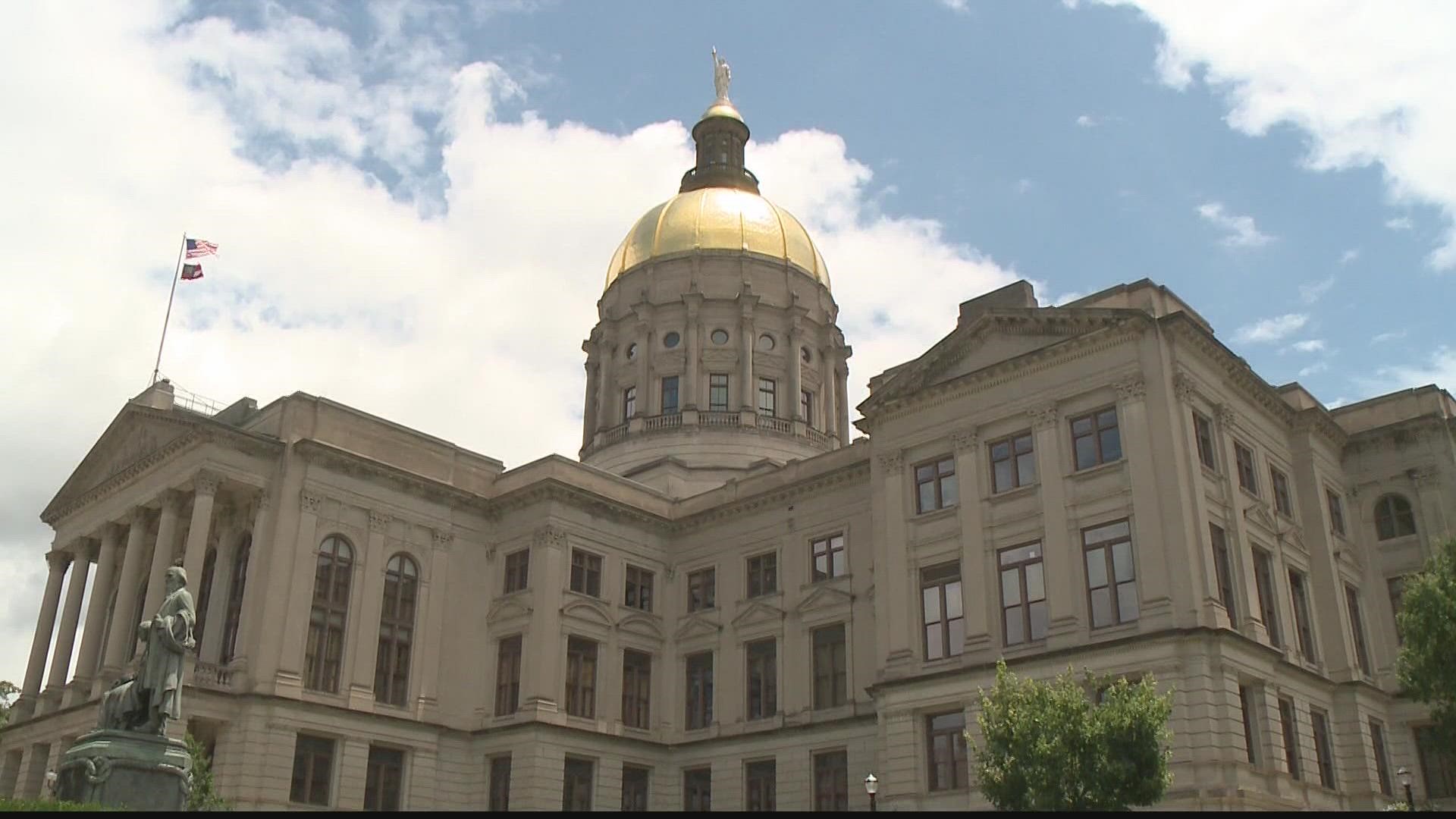ATLANTA — A group is challenging Georgia's suspended abortion law, dubbed the 'heartbeat law,' as the U.S. Supreme Court seemingly has plans to overturn Roe vs. Wade this summer.
The 'heartbeat law' would prohibit abortions after about six weeks, but the big question people have is whether Georgia could propose an outright ban moving forward based on the Supreme Court's ruling.
“This leaked draft is definitely something that gives us a glimpse into what we knew was coming down the pipe," Monica Simpson said of the high court's leaked opinion about Roe v. Wade, a landmark case that established abortion rights at the federal level.
Simpson is the executive director of SisterSong. Her organization is the plaintiff in a lawsuit challenging the state's heartbeat law, which would make abortions illegal in most circumstances after a fetal heartbeat is detected.
“I think that everyone has to pay attention to what's happening with this Roe v. Wade case right now, because a lot of these states, like the state of Georgia, we are awaiting a decision of our own in terms of the abortion ban that was trying to move in our state," Simpson said.
Emory University law professor Fred Smith said if Roe v. Wade is overturned, it could potentially lead to challenges to other constitutional rights.
“One question going forward is what this is going to mean for other rights that come from the constitutional right to privacy, like the right to marriage, like the right to contraception," Smith said.
At this point, Georgia hasn't introduced a bill to outright ban all abortions, but according to the Guttmacher Institute, a non-profit that researches reproductive rights, Georgia is one of 26 states either certain or likely to ban abortions moving forward if Roe v. Wade is overturned.
11Alive reached out to top state leaders Wednesday, including Gov. Brian Kemp and House Speaker David Ralston, to ask about the possibility of calling a special session to introduce a proposed abortion ban. Neither directly answered our questions, but law experts expect this issue to now be key for this year's elections.
“You're really going to see this issue become front and center when it comes to the November midterm elections, especially in a swing state like Georgia," Smith said.
The state's 'heartbeat bill' goes beyond just banning abortions after 6 weeks.
"The heartbeat bill restricts abortion in a somewhat unusual way. It does that by redefining what a natural person means under the Georgia code," Volokh said.
Currently, a baby is considered a natural person when it is born. Under the law, a fetus would be considered a natural person when a doctor detects a heartbeat.
"There are some things that this does not affect. For example, when you file your federal taxes, your federal taxes are governed by federal law. The embryo or the fetus is not going to be a natural person for purposes of your federal tax returns. On the other hand, for your Georgia tax returns, there actually is a section that says that you can claim an unborn child as a dependent for Georgia tax law," Volokh said.
Read more about Georgia's abortion law here.

